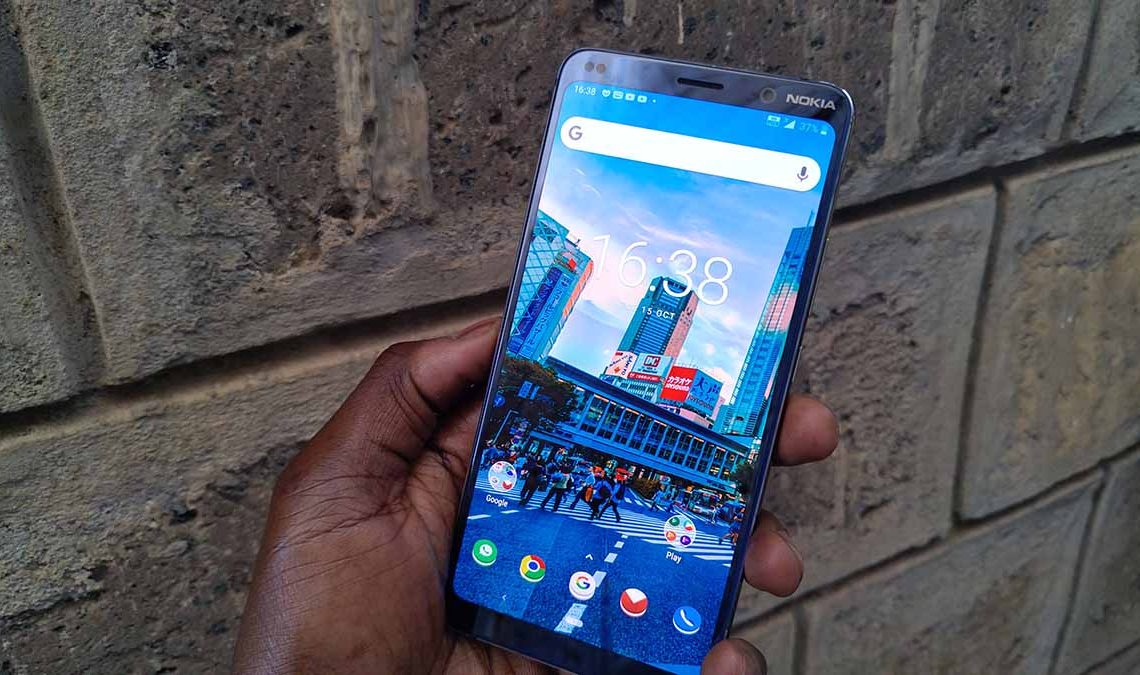
By Gerald Muthwale – Technical & Product Manager at HMD Global East Africa
Internet-enabled devices like Laptops, Tablets and Smartphones have increased online transactions. From easily transferring money, to placing orders with online stores like Jumia, to ordering food on Uber Eats, Yum deliveries or Glovo, many services can be attained online in Kenya.
Online transactions, give us the convenience of not standing in a queue to purchase goods. You just need three things: an internet-enabled device, a reliable Internet connection and your card/account payment information – it is that simple!
However, this convenience has come with some challenges. The main challenge we are facing today is the safety of the information we exchange online.
With the advancement in technology, smartphones now operate like mini-computers, meaning we use our phones more frequently for online transactions. One of the safety concerns by smartphone users is the loss of sensitive personal data and fraudulent transactions. Thus key to follow the tips below.
- You should exercise care when downloading applications. There are several applications masquerading as legitimate retail applications that pry on unsuspecting smartphone users. The best practice is to download and use only trusted applications from the official app stores (i.e. Google Play Store on Android phones and App Store on Apple iOS).
- As you look to download applications, look out for customer reviews, application ratings and the number of downloads. Applications with higher ratings and downloads are likely to be legitimate applications. Additionally, applications are periodically updated with improvements and bug fixes which often include enhanced security features. It is very important to download updates, once released by software companies to maintain the overall security of your smartphone.
- Avoid using public Wi-Fi and wireless networks, as they are usually not well equipped to handle sensitive information and transactions. Public networks are often configured with convenience and ease of use as primary objectives – cybersecurity is the overriding priority. As a result, it is possible for a user’s sensitive data such as payment card details to be intercepted by malicious users on a public network. It is recommended that that online shopping, banking and any other sensitive transactions, be done on a private and secure network.
- Smartphones are easy to misplace because we are constantly on the move with them. Theft of personal data may occur through loss of your smartphone and unauthorized purchases may occur if a smartphone is left unattended. For this reason, my fourth recommendation is that every smartphone is secured using a screen-locking mechanism with sim locking as an extra layer of security. This protects you from personal data theft and unauthorized purchases should you lose your phone or misplace it.
- When it comes to making purchases online, type the retailer’s URL directly onto the browser rather than clicking links that have been sent via text or other messaging platforms. Fake emails and texts are frequently sent to people enticing them to make a purchase from a fake online portal. The user should ensure that any shopping and banking site he or she is using has a padlock in the address bar to ensure encryption. The user should always look at the URL to ensure that the ‘HTTP’ has an ‘s’ at the end which signifies that the URL is secured with underlying encryption technology.
- The choice of card to use i.e. Bank debit card, credit card or prepaid card is very critical. It is not recommended to use the card linked to your primary current account as card data theft would leave you with a larger loss in comparison to credit or prepaid cards. Additionally, many credit cards offer extra fraud protection that are not usually available in debit cards.
- Finally, always keep a record of your account statement, when, where and how many transactions have been done, where your credit card has been used. This will help detect any false transactions in your account statement and flag it off to your bank as soon as possible. As you purchase smartphones consider one that gets monthly security updates, keeping your personal data safer.
Also Read: Android 10 Starts Rolling out to the Nokia 8.1 devices

